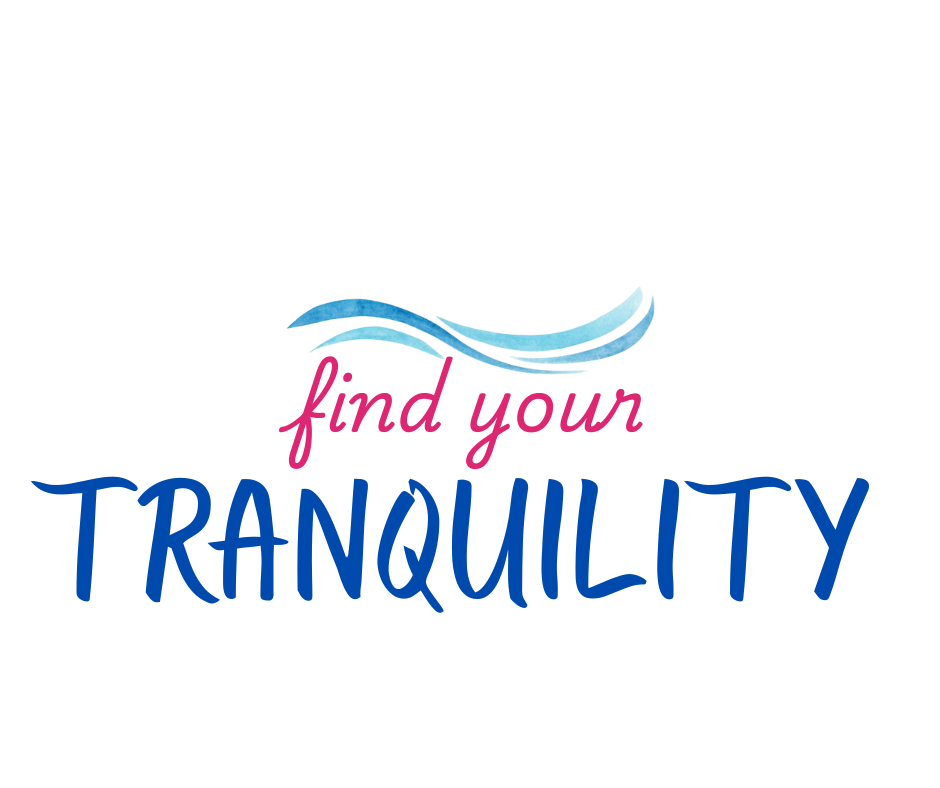Nurturing Stress Resiliency as a Family Caregiver
Nurturing Stress Resiliency as a Family Caregiver

As Susan pulled into the driveway, she sent a quick text message about her mom’s doctor's appointment to her husband, Steve.
Susan: Hey, I'm home. Mom's doctor's appointment was good and bad. Unfortunately, that medicine for the dizziness is at the highest dose. I feel so bad for her.
Steve: Ok, what was the good part?
Susan: Oh, the nurse can come to the house up to 3 times a week. That's going to help out my schedule so much.
Steve: Good. I know you're exhausted.
Susan: I'm trying my best.
Susan put the phone down and looked at the front door,
I better go in and send the babysitter home.
The kids have been begging to go to the pool. I have to find the sunscreen and towels. And she let out a sigh.
Can you relate to Susan? Are you juggling so much that you don't have time to process one set of emotions before the next thing comes up?
You are not alone.
The hardships from health issues can cause burnout - physically, emotionally and mentally. That's why I want to share more about
stress resilience.

Hello, dear caregivers.
My heart goes out to each of you. I see you, tirelessly dedicating yourselves to the well-being of a loved one facing severe illness or injury. Your love and commitment are truly inspiring, but I also know, both as a therapist and a health coach, that this journey can be incredibly demanding. It often feels like you're constantly running on an empty tank, and the weight of it all can be immense.
I've had the privilege of working with many caregivers, and I've witnessed firsthand the incredible strength you possess. As a mom and wife, I have been in the position to be a family caregiver myself. I understand the unique stressors you face – the sleepless nights, the difficult decisions, the emotional toll, the feeling that you're constantly bracing for the next challenge.
That’s why I want to talk about something profoundly important today: stress resiliency. It’s not about eliminating stress – because, let's be honest, that’s not realistic in most health situations. Instead, it’s about building an inner fortress, a personal reservoir of strength and coping mechanisms that allows you to navigate the inevitable storms without being completely overwhelmed. It’s about bouncing back, not breaking down.
Think of it this way, what I have learned living in Tampa is that a palm tree that can bend with the winds during a hurricane is less likely to snap in half. Stress resiliency is about cultivating that flexibility within yourself.

So, where do we begin? There are several key areas where we can actively cultivate this inner strength. These aren’t quick fixes, but rather gentle practices and shifts in perspective that, over time, can make a big difference.
The Power of Self-Compassion: Be Your Own Best Friend
This is often the hardest one for caregivers. You pour so much love and energy into others, but when was the last time you offered that same kindness to yourself?
Self-compassion is about acknowledging your struggles without judgment.
It’s about recognizing that it's okay to feel overwhelmed, to feel angry, to feel sad, or even resentful at times. These are human emotions. Robert Frost said, "The only way out is through." You will need to process each emotion in a loving way without criticizing yourself or telling yourself, "I should NOT feel angry, sad or resentment." It is more about what you do with the feelings and not acting out towards others.
Practice: When you're feeling particularly stressed, try placing a hand over your heart and quietly saying to yourself, "This is hard right now, and it's okay to feel this way. I'm doing my best." Just this small act can create a ripple of calm.

Prioritizing Pockets of Peace: Even Five Minutes Counts
I know, I know. "Time off?" you might be thinking. "What's that?" But even tiny moments of respite can be incredibly powerful. We’re not talking about a week-long vacation (though you deserve one!). We're talking about micro-breaks.
Practice: Can you sit for five minutes with a cup of tea, just focusing on its warmth and aroma? Can you step outside for two minutes and feel the sun on your face? Can you listen to one favorite song with no distractions? These small moments of a peaceful pause add up and help to replenish your emotional reserves.

Nourishing Your Body: Fuel for the Fight
It's easy to let healthy eating and regular movement slide when you're under constant pressure. But your physical well-being is intrinsically linked to your mental and emotional resilience. You don't need to become a marathon runner or a gourmet chef overnight.
Practice: Focus on small, sustainable changes. Can you add one extra serving of vegetables to your day? Can you drink more water? Can you find ten minutes to stretch or take a short walk, even if it's just around the house? Fueling your body adequately provides the energy your brain needs to cope.
Cultivating Connection: You Are Not Alone
Caregiving can feel incredibly isolating. You might feel like no one truly understands what you’re going through. But reaching out and connecting with others is a vital part of building resilience.
Practice: This could mean joining a caregiver support group (online or in-person), reaching out to a trusted friend or family member, or even just having a brief, honest conversation with someone who "gets it." Sharing your burdens can lighten their weight considerably. If you have struggled opening up to friends, a therapist is a non-judgmental listener with many new strategies to cope.

Re-framing Your Perspective: Finding Light in the Shadow
This isn't about ignoring the difficulties, but rather about consciously seeking out moments of gratitude and meaning, even amidst the challenges. It’s about shifting your focus, even if just for a moment.
Practice: At the end of each day, try to recall three things, no matter how small, that went well or that you felt grateful for. It could be a kind word, a moment of comfort with your loved one, or simply a quiet sunset. This practice trains your brain to look for the positive, which helps to balance the negative.
Your Journey, Your Strength
Building stress resiliency is a journey, not a destination. There will be days when you feel stronger, and days when you feel more vulnerable. That’s perfectly normal. The key is to keep showing up for yourself, even in small ways.
You are doing an extraordinary job. Please remember that your well-being is not a luxury; it is a necessity. By nurturing your own resilience, you are not only helping yourself, but you are also better able to provide the compassionate care your loved one deserves.

Kathryn D. Gardner, LMHC, LCPC, PMH-C, CHC
Licensed Therapist in IL and FL
Certified Health Coach
Mom and Wife
Christian Catholic
Tampa, FL
Kathryn Gardner and Shayla Parker are licensed therapists that specialize in a holistic approach to anxiety and stress management. They provide top quality Individual counseling in Florida and Illinois, via Telehealth (and in-person in Tampa, FL). You can feel stress relief and find your tranquility! Call or email today. www.FindYourTranquility.com
Blog posts may utilize openAI tools (2025).
Stay In Touch











